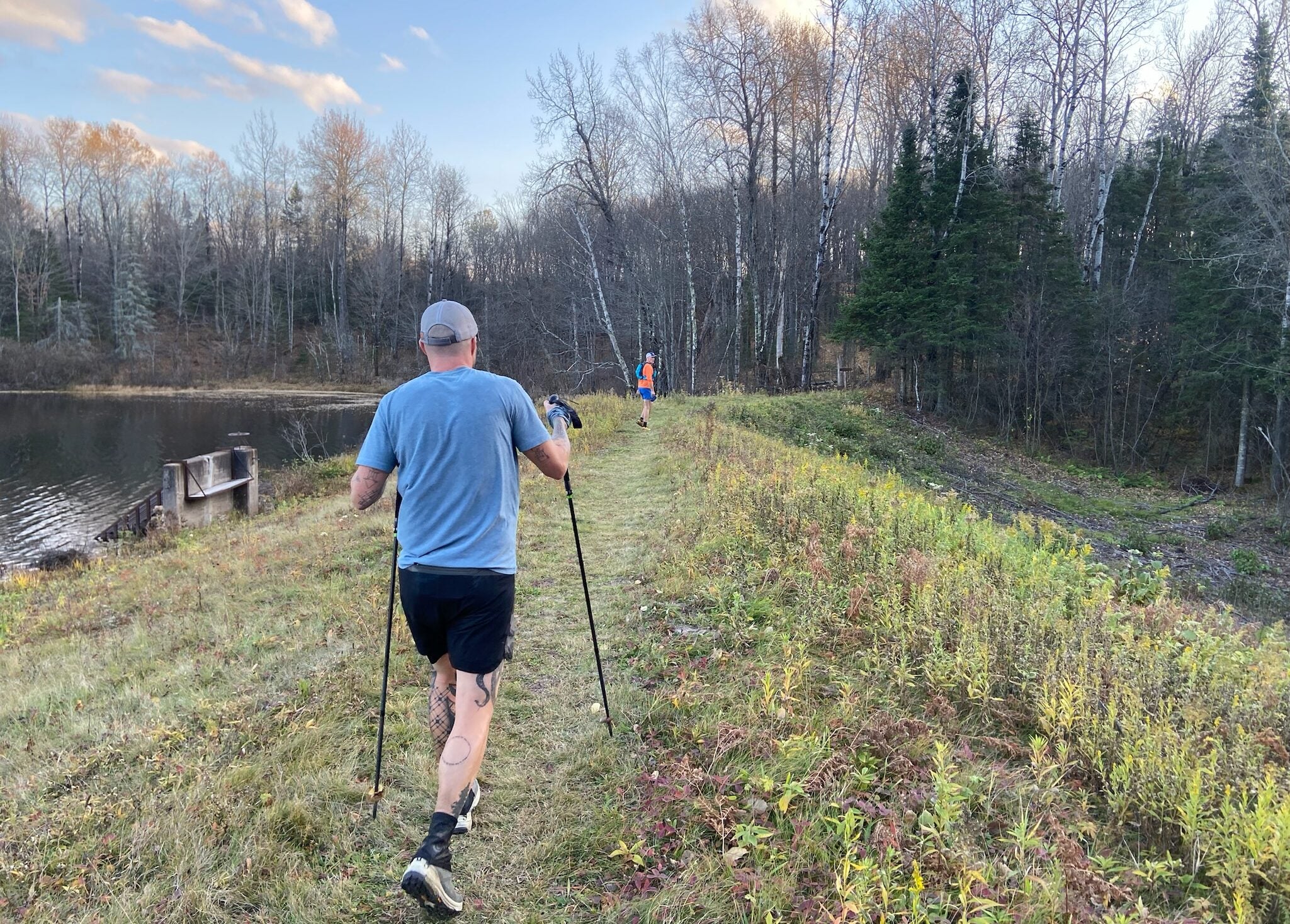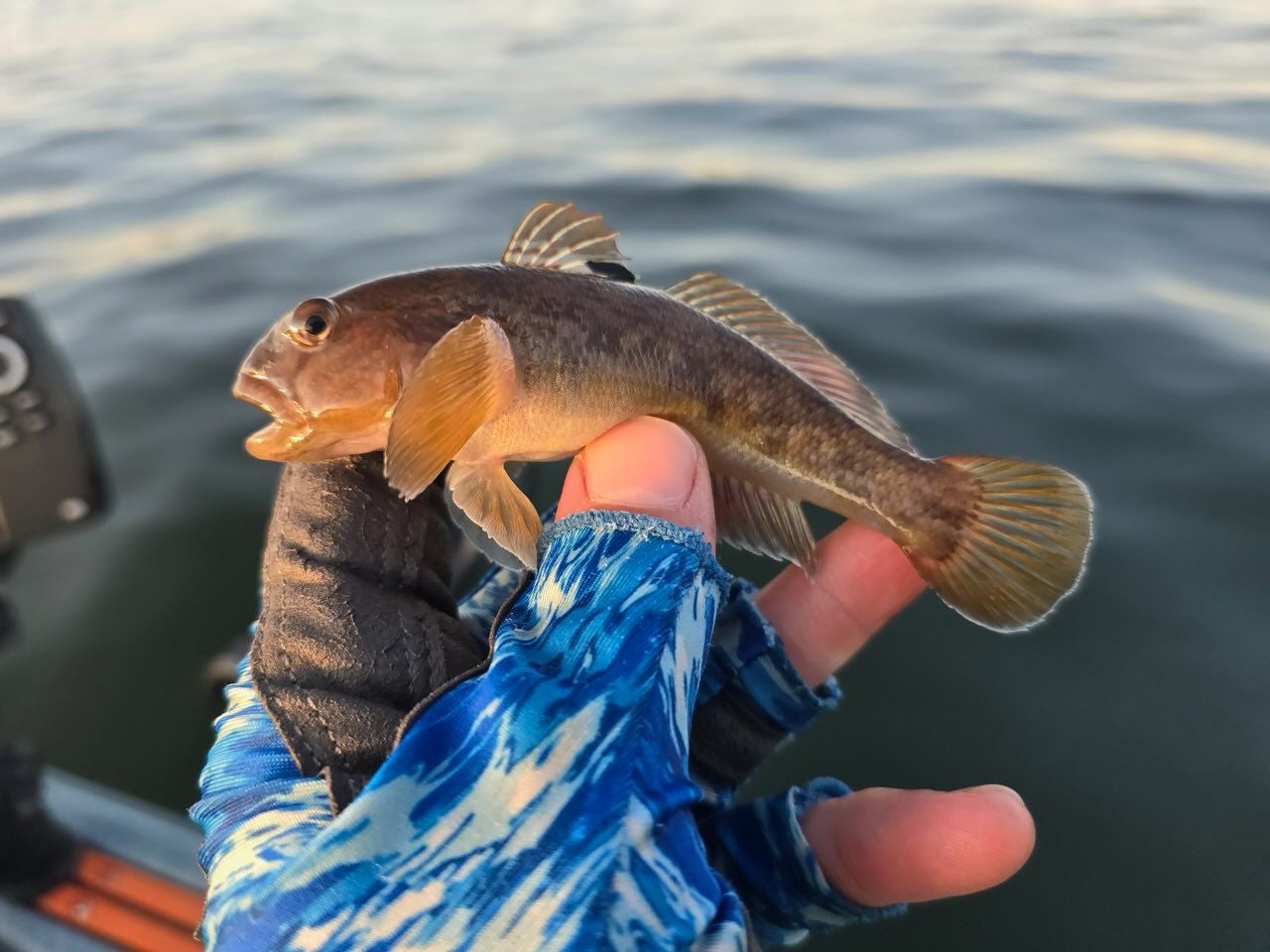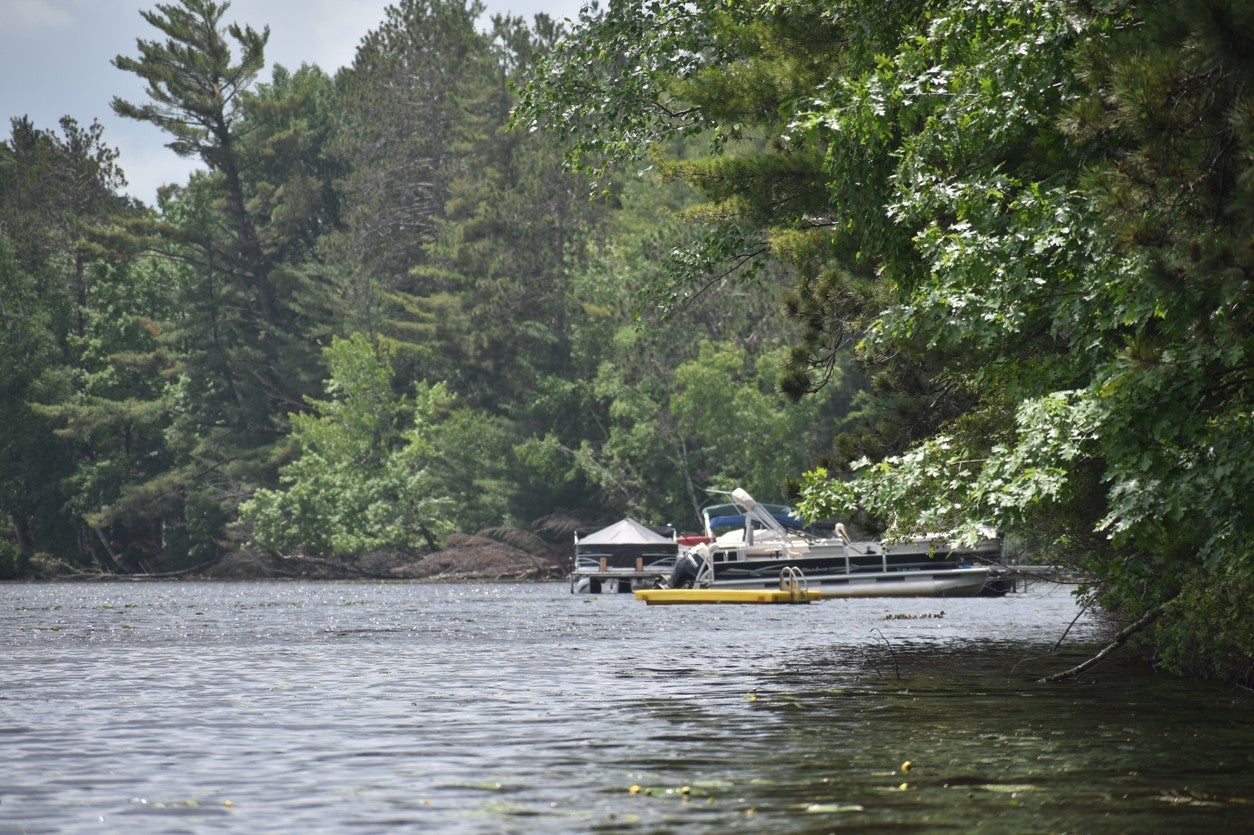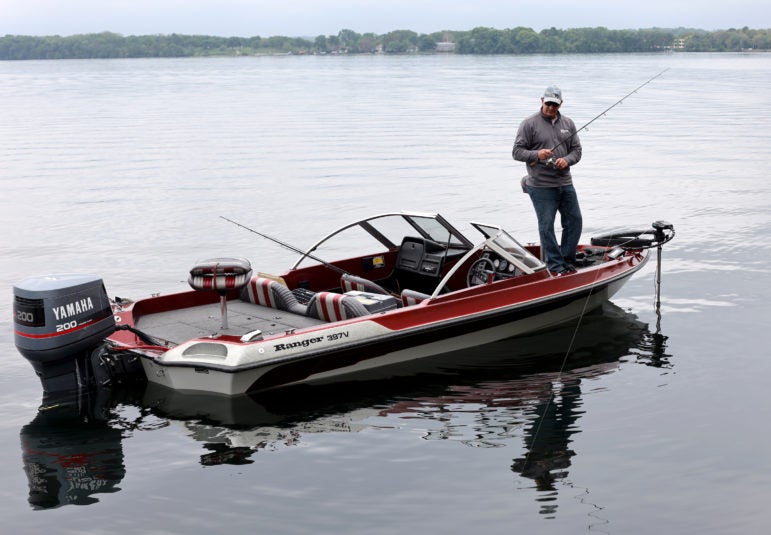An audit will examine how funds are being spent from Wisconsin’s fish and wildlife account, which is expected to see a $16 million budget shortfall in the next two years.
The state Legislature’s joint audit committee voted 5-4 along party lines in favor of the audit. Hunting, fishing and trapping licenses and stamps are the primary source of revenue for the account that funds fish and wildlife management. Republican lawmakers are scrutinizing the DNR’s handling of the fund after lawmakers shifted $25 million from the agency’s forestry account to make up for a shortfall under the current state budget.
The committee’s co-chair, state Sen. Eric Wimberger, R-Green Bay, said in a statement that hunters and anglers are concerned.
“These funds come from license fees & taxes on sporting goods and are supposed to be used on projects that benefit fishing and hunting across the state,” Wimberger said. “We need a closer look at DNR’s handling of these funds.”
The audit would determine what portion of revenues are generated from user fees and the extent to which those funds either do or don’t benefit hunters and anglers. It would also examine the extent to which the agency spends federal funds on activities that benefit sportsmen and women.
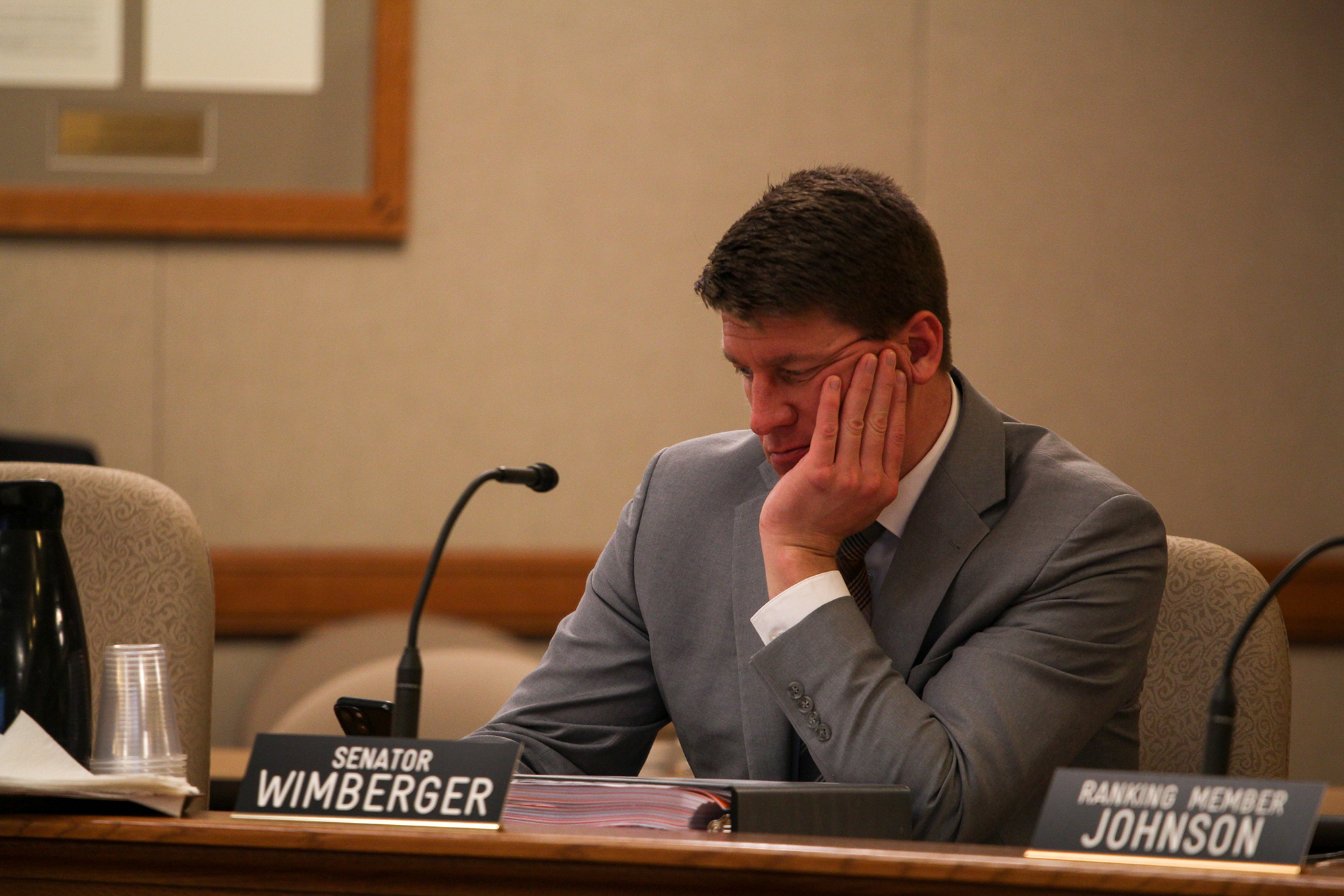
By 2026, the DNR expects to draw in around $62.3 million in revenue, but it must meet $78.2 million in spending obligations. Earlier this year, the agency’s budget staff said changing demographics and participation among anglers and hunters are leading to less revenues for the account.
DNR Deputy Secretary Steven Little highlighted a GOP bill that proposed increasing some nonresident license fees that would’ve helped address the deficit. While the bill passed unanimously in the state Assembly, the proposal never received a hearing in the state Senate.
“This was a missed opportunity, as many licensing fees, both for residents and nonresidents, have not been adjusted in over 19 years,” Little said.
At the same time, the agency is also facing rising costs due to inflation, which has increased 59 percent since 2005.
The DNR is authorized to spend around $74.6 million under the account for the 2024 fiscal year. Little said it funds roughly 500 full-time employees, and the account’s largest expense this fiscal year was law enforcement that patrol the state’s parks, public lands and waters.
The account has also been affected by discounted license fees for special groups. The DNR has supported discounts for veterans, youth and seniors. Even so, Little said the agency requested funding from the Legislature to replace roughly $17 million in lost revenues from reduced fees, but it failed to do so. Although, the current state budget did include an increase in several nonresident license fees that are projected to generate around $2.5 million each year.
News with a little more humanity
WPR’s “Wisconsin Today” newsletter keeps you connected to the state you love without feeling overwhelmed. No paywall. No agenda. No corporate filter.
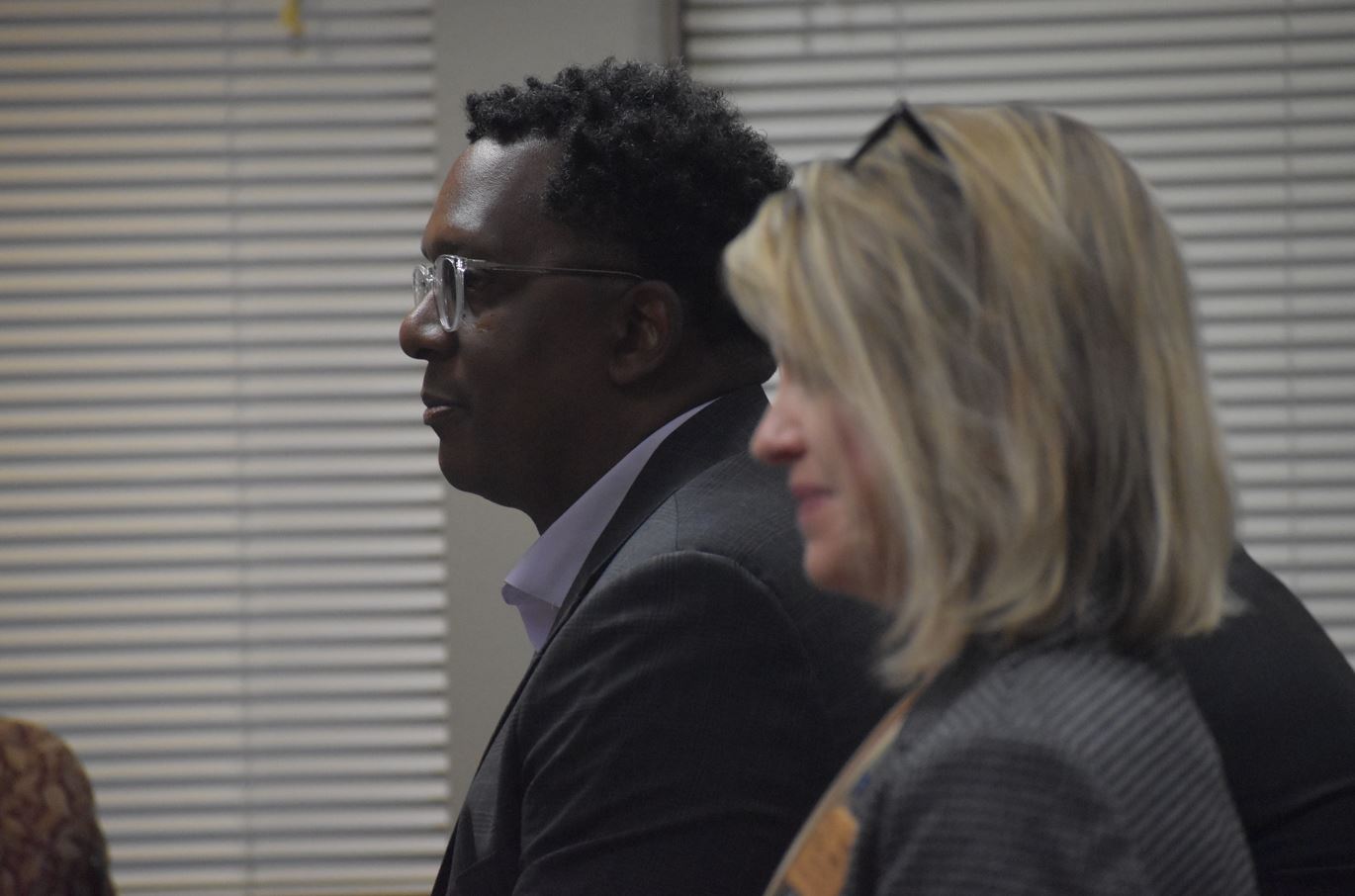
State Sen. Robert Wirch, D-Pleasant Prairie, said it’s shocking that license fees haven’t been increased in the last two decades. Wirch said lawmakers haven’t done a good job of supporting sportsmen in the state.
“There’s a lot of responsibility for the Republicans, certainly in the state Senate and in leadership, for not supporting the sportsmen out there,” Wirch said. “To avoid responsibility and ask for another audit, I think, is the wrong thing to do.”
Wirch said sportsmen want to pay more to preserve the state’s resources. Scott Meyer, a lobbyist with Hunter Nation, said he’s not opposed to license fee increases. Although, he said the state will lose sportsmen any time the Legislature raises fees.
“I do believe this audit is extremely important. Again, no sportsmen will turn down a license fee increase, but they want to know where the money’s going,” Meyer said.
Meyer questioned the agency’s use of federal funds awarded to the state to support recreational fishing, wildlife conservation and hunter safety. Little said a federal audit of those funds is conducted every five years.
The money in question stems from the Pittman-Robertson and Dingell-Johnson Acts, which rely on federal excise taxes on the sales of firearms, ammunition and fishing tackle. The DNR spent $32.1 million in Pittman-Robertson funds and $12.7 million in Dingell-Johnson funds in fiscal year 2022-23.
Maggie Hutter, the DNR’s budget director, said the agency has been trying to shift expenses from the state’s account to those federal sources.
“When we take that all together, we’re still in a structural deficit when we look at all of those sources combined,” Hutter said.
Across those sources, Hutter said the agency had a $10.8 million deficit in fiscal year 2023.
Past audits have found the vast majority of user fees generated under the account were spent on activities that directly benefited hunters and anglers.
The agency’s fish and wildlife account was last audited in 2006. State auditors found 57.3 percent of $68.2 million generated from user fees was spent to benefit hunters and anglers. Only 2.4 percent of those funds, or $1.6 million, did not directly aid fishing and hunting opportunities. Around 11 percent or $7.5 million went to fund the DNR’s overhead costs.
The state Legislature’s joint audit committee also approved an audit of the state Department of Public Instruction’s handling of school finances Thursday after repeated issues were reported in Milwaukee Public Schools, and the Monona-Grove and Wauwatosa School Districts.
Wisconsin Public Radio, © Copyright 2025, Board of Regents of the University of Wisconsin System and Wisconsin Educational Communications Board.



